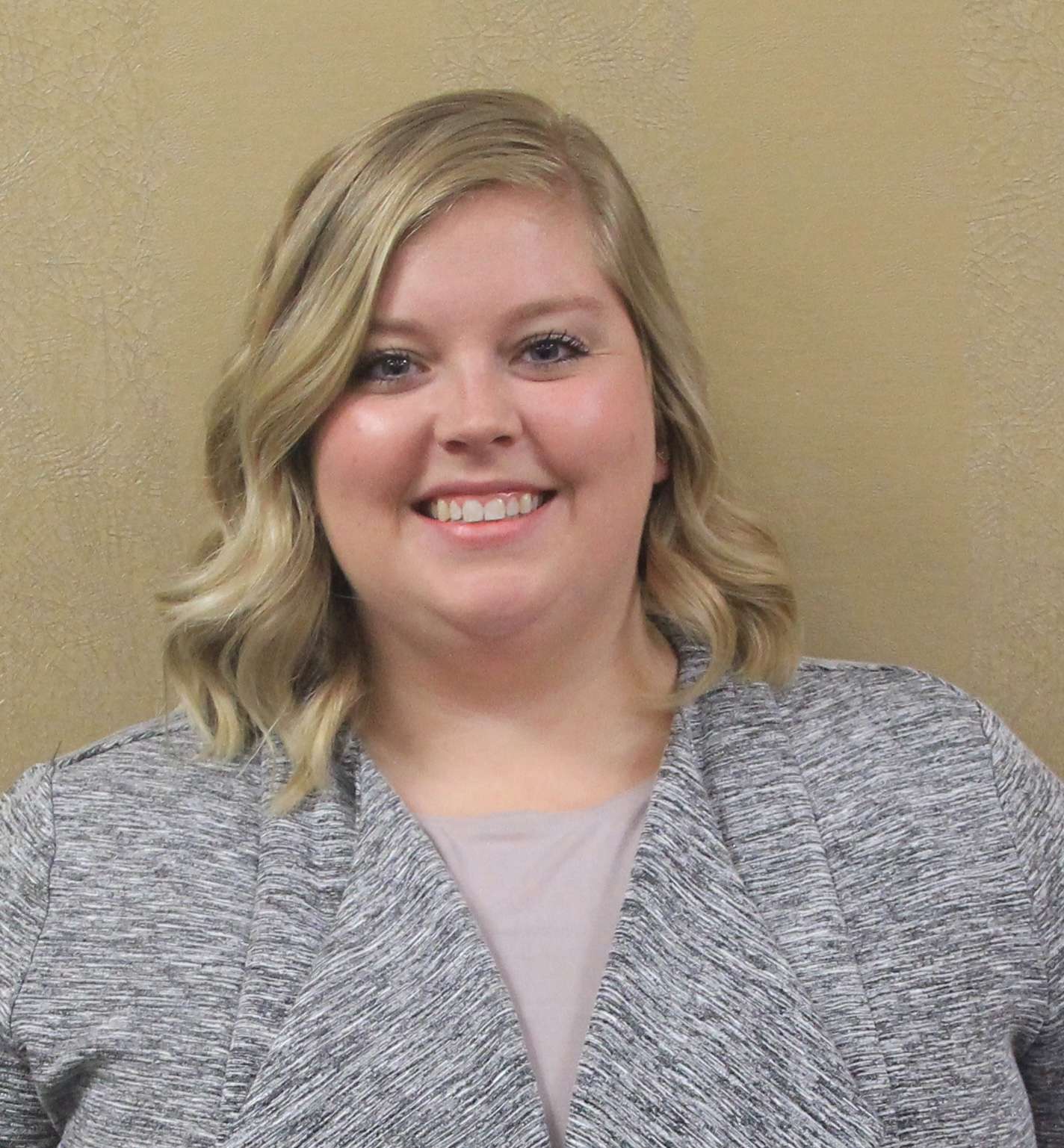
Recently, the Docking Institute of Public Affairs at Fort Hays State University published the results from the 2021 Kansas Speaks survey. For those not familiar with Kansas Speaks, it is an annual public opinion survey that gauges public opinion on various issues of interest to Kansas citizens, including public policy.
According to the survey, nearly 73% of respondents support expanding KanCare — our state’s Medicaid program. This is a considerable increase in support. In 2015, the first year Kansas Speaks measured attitudes about Medicaid expansion, only 62% of respondents supported growing the program.
Considering elected officials genuinely care about issues that are important to their constituents — if only because they need constituent support to win re-election — why hasn’t Medicaid expansion been passed?
It should be a slam dunk. Right?
Well, not quite.
Despite high public support, and federal Affordable Care Act funds to cover 90% of the cost of expansion, there is a lack of political will to expand KanCare in the legislature.
There is bipartisan support for expansion, with most Democrats and some Republicans in favor. However, it’s a zero sum game for legislative Republicans.
Currently, Republicans would not politically benefit from expansion. In fact, it could put the GOP at a distinct disadvantage should Medicaid expansion pass in an election year like this one.
In 2018, Governor Kelly ran on a platform that included Medicaid expansion and members of her party have been trying to expand the program ever since. However, Republicans in the legislature, most of whom support expansion, don’t want to expand KanCare under a Democratic governor. Doing so would give Kelly’s administration an extremely popular policy win right before this year’s gubernatorial election.
The GOP also faces very little public backlash for not prioritizing Medicaid expansion.
While, 62% of survey respondents indicated that the issue of Medicaid expansion is important in deciding who to vote for come November, in practice it’s not popular enough for any more than a tiny fraction of Republicans voters to vote against their party.
It’s another win for partisan politics, but a major loss for Kansans.
Not only is KanCare expansion a popular public policy, it would create significant economic job growth. According to a 2021 report by George Washington University’s Milken Institute School of Public Health, expanding Medicaid would create approximately 23,000 jobs in our state — 11,900 new jobs in healthcare, 2,400 in retail, 1,600 in construction, 700 jobs in finance and insurance, and 6,300 new jobs in other sectors. The report also stated that Kansas’ economic output would rise $17 billion by 2025, and personal income could rise by $6.3 billion due to increased employment.
Medicaid expansion is extremely beneficial for Kansans. But it’s unlikely to pass this year. Or any year where the legislature and governor’s mansion are divided by partisanship.
Even those legislative Republicans who support expansion will hold KanCare hostage until passage would give them a political advantage, which won’t happen under a Democratic governor. If the roles were reversed, Democrats would likely do the same.
A vast majority of citizens decide to run for public office to make their communities better. But once elected, officials have to play the politics game to gain and maintain power, otherwise they would never be able to pass legislation.
The result? Extremely popular policies like Medicaid expansion get buried in the name of “playing the game” and Kansans suffer.
Alexandra Middlewood, PhD is an Assistant Professor of Political Science at Wichita State University.






